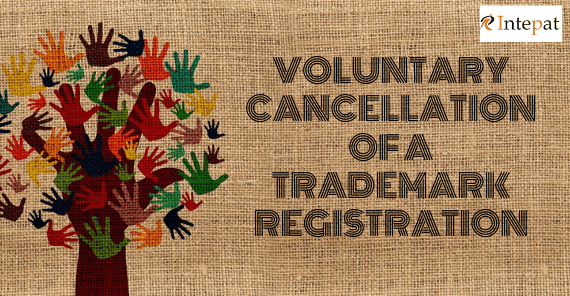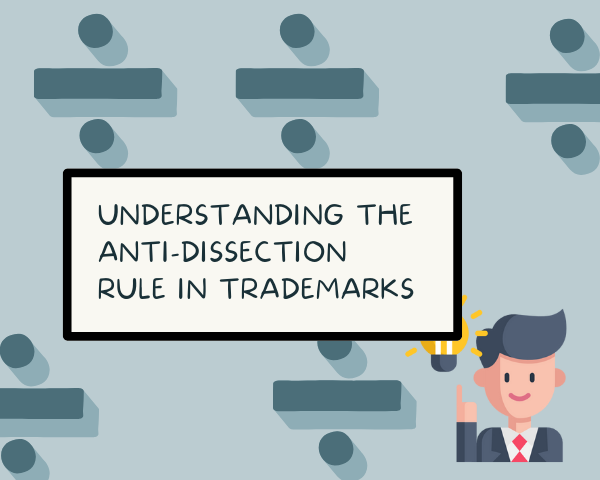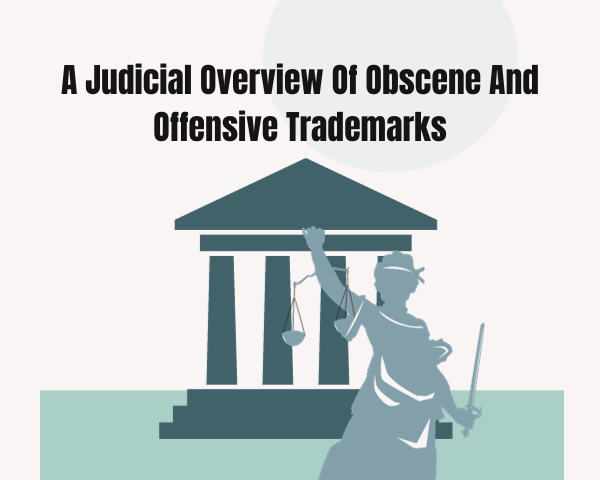Trademarks are marks which help us in identifying and distinguishing between various goods and services. These marks are usually granted for a period of 10 years which can be extended indefinitely for a period of 10 years before its period of expiry. In India, the Trade Marks Act, 1999 deals with the registration and cancellation of such marks.
Section 2(1)(i)(viii)(zb) of the Trade Marks Act, 1999 defines a trademark. According to the above section, “trade mark” means a mark capable of being represented graphically and which is capable of distinguishing the goods or services of one person from those of others and may include shape of goods, their packaging and combination of colours.
Registering a trademark is beneficial for every brand and business. It provides one with the exclusive means to prevent another person from falsely using the mark and building their business around that mark. More importantly, registering a mark enables the creation of goodwill and reputation for a particular good or service. However, there can be occasions when a trademark owner willingly seeks forgo of his trademark rights vide the cancellation of his trademark.
Voluntary Cancellation of Trademarks
The Registrar of trademarks has the power to cancel or rectify the registration of trademarks. Voluntary cancellation of a trademark takes place when the proprietor or the owner of the trademark files an application with the Registrar for such cancellation. Under Section 58 (1)(c) of the Trade Marks Act, 1999, the Registrar is granted powers to cancel the entry of a trademark of a registered proprietor of a trademark on the basis of an application submitted by the proprietor.
There are varied reasons for a proprietor to cancel the registration of his trademark and subsequently lose all legal rights over the usage of the mark. It isn’t rare for a proprietor to cancel the trademark due to entering into an agreement with a third party for stopping the usage of his particular mark for any business reasons. Such a reason could be, for example, the acquisition of one company by another, a situation which at times requires that the acquired company now work under the name of their acquiring company, thereby putting a stop to the use of their business or brand name.
The procedure for cancellation requires that the proprietor submits in his application for cancellation the filled Form TM-P, an affidavit stating the reason for cancellation and the requisite fees to the Registrar. This affidavit is important as failure to attach an affidavit would lead the Registrar to issue a scrutiny notice to the proprietor. The proprietor also needs to sign and verify the affidavit.
Under Section 58, a proprietor can choose to either cancel his trademark registration in full or in part by canceling some specific classes in which the trademark is registered. Further, under Section 50 (1)(b), a person registered as a registered user of a trademark can file an application with the Registrar to cancel his/her registration as a registered user of such a trademark. This removes such a person’s name from the trademark register as a person who can legally use the trademark.
However, as held by the judges of the United States Trademark and Trial Appeal Board (TTAB), once an application for cancellation of the trademark is submitted, the court may not grant a trademark again for the same mark unless extraordinary circumstances are present. The reasoning of the judges was that once an applicant willingly and voluntarily surrender his interest, there is a reliance placed on such an act of the applicant by the members of the public and of the TTAB. Such reliance, the court stated, should be protected unless an extraordinary situation exists.
Conclusion
Registration of a trademark itself is a voluntary act. The Indian Trade Marks Act, 1999 allows enough flexibility for a proprietor of a trademark to also cancel a registered trademark. The provisions are clear and crisp in their language, leaving little room for any confusion. While the Indian courts have not adjudged the situation of registering a trademark again after it is voluntarily canceled, foreign courts have addressed this issue as seen above and answered in the negative for such registration. Thus, one needs to give due and careful consideration before choosing to voluntarily surrender his/her registered trademark.




